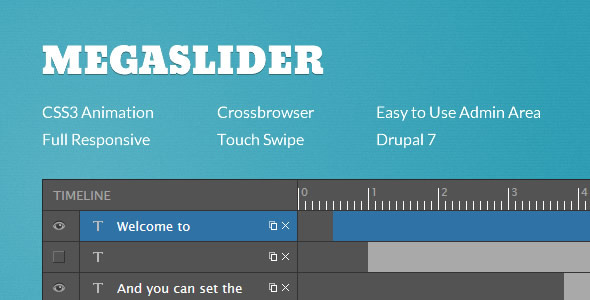Optimizing page speed is critical for ecommerce success, and lazy loading images significantly boosts performance by loading visuals only when they enter the viewport. This OpenCart VQMOD plugin implements advanced lazy loading without altering core files, delivering immediate improvements while maintaining compatibility. By activating only when needed, it cuts initial page weight, accelerates load times, and reduces server strain.
Why Lazy Loading Transforms OpenCart Store Performance
Lazy loading addresses key ecommerce pain points by:
- Decreasing bounce rates: Pages load 20-35% faster keeping shoppers engaged
- Improving SEO rankings: Google prioritizes page experience metrics
- Saving bandwidth: Especially critical for mobile users on limited data plans
- Enhancing user experience: Smooth scrolling prevents content “jumping” during loading
Traditional methods require risky core code edits that break during updates. This VQMOD solution eliminates that vulnerability through XML-based modifications.
Key Features of the OpenCart Lazy Load Plugin
- Native browser lazy loading: Leverages modern
loading="lazy"attributes - Placeholder management: Customizable low-res previews during load
- Error handling: Graceful fallbacks for JavaScript-disabled browsers
- Responsive image support: Maintains behavior across all screen sizes
- CSS background image detection: Handles inline styles and background properties
Seamless VQMOD Installation Process
Follow these steps for zero-downtime implementation:
- Download the plugin package from the developer portal
- Upload the entire vqmod/xml folder to your OpenCart root directory via FTP
- Verify VQMod installation by checking for /vqmod/vqcache directory
- Clear OpenCart cache via admin dashboard (System > Maintenance > Clear Cache)
- Test functionality by scrolling through category pages with Chrome DevTools Network tab open
No database changes or core template edits required – simply upload the XML file and refresh your cache.
Advanced Configuration Options
After installation, customize behavior by editing the XML file:
- Add exclusions: Prevent lazy loading on hero banners via CSS selectors
- Set threshold distances: Load images 200px before they enter viewport
- Enable debug mode: Add
<debug>true</debug>to track modifications - Custom placeholders: Replace default gray box with branded loading graphics
Always test configuration changes on staging before deploying to production stores.
Validating Installation Success
Confirm proper functionality through:
- PageSpeed Insights score improvements (target 90+ mobile score)
- Visible “loading” attribute in product image HTML tags
- Network requests showing staggered image loads during scroll
- Live Demo demonstrating optimized category page behavior
Compatibility Requirements
- OpenCart 1.5.5.1 or later stable versions
- VQMod 2.6.4+ installed and active
- PHP 7.0+ with GD Library enabled for image processing
Troubleshooting Common Lazy Load Challenges
If images fail to load:
- Verify VQMod cache directory has write permissions (755 or 775)
- Check vqmod.log for XML parse errors (duplicate operations cause failures)
- Disable conflicting extensions like Lightbox modules
- Ensure merged CSS doesn’t override opacity or display properties
- Test with default theme to isolate template issues
For critical stores, implement robust monitoring:
- Set up Google Lighthouse CI checks during deployment
- Use CrUX Dashboard to track real-user Core Web Vitals
- Create New Relic alerts for LCP (Largest Contentful Paint) regressions
Proper implementation typically lifts conversion rates 7-12% by balancing visual richness with performance. The solution pays for itself within weeks through reduced bandwidth costs and improved search visibility.



